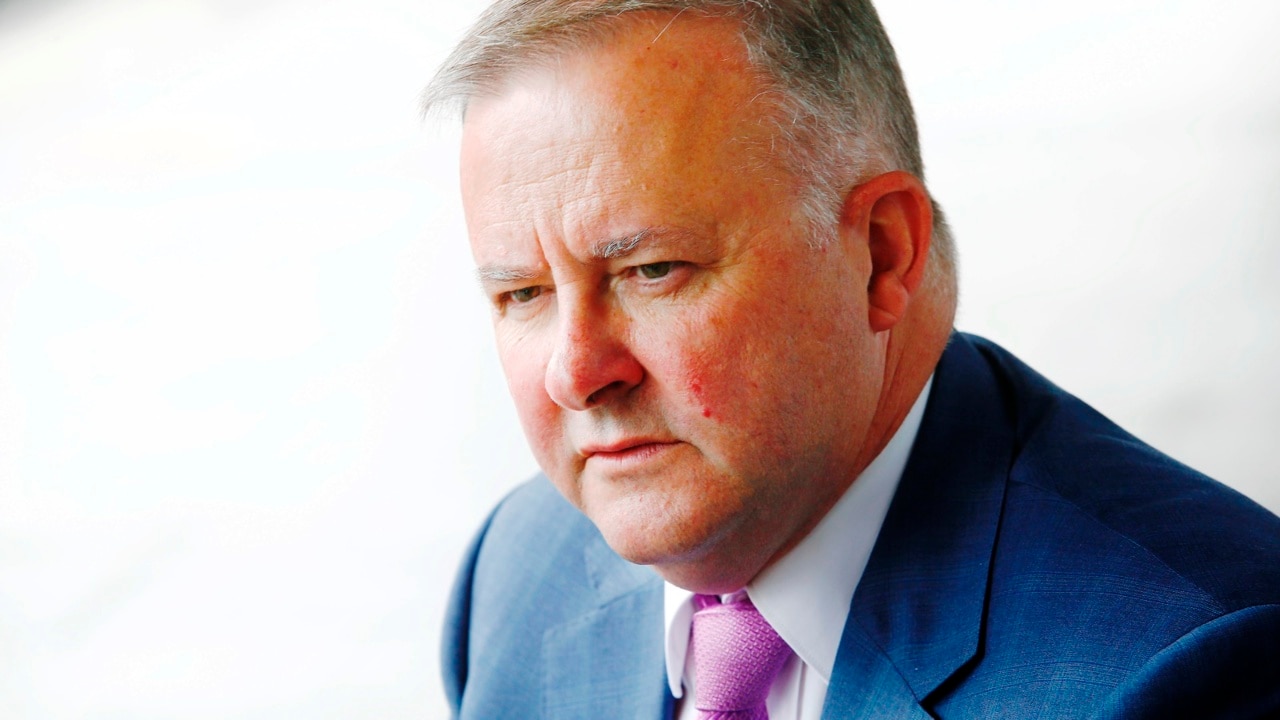Matt Johnston: Political upside to power price pain
DOES the Andrews government want to spend energy blocking a scheme that is supposed to save people money and deliver a steady energy supply? There are obvious political upsides to shifting responsibility for power prices, writes Matt Johnston.
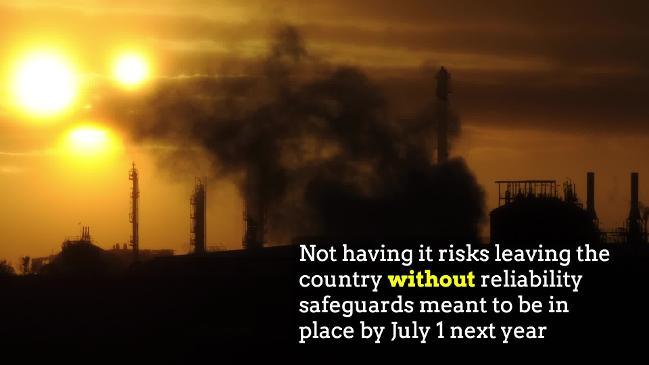
Opinion
Don't miss out on the headlines from Opinion. Followed categories will be added to My News.
TWO days ago I received a $50 cheque in the mail.
It was a taxpayer-funded inducement from the State Government, sent after I visited an energy website designed to get me a better power deal.
The scheme, available to every household in Victoria, was announced in April by the Andrews Government as it grappled with rising electricity prices and bill pain.
In an election year, the handout thrust “cost-of-living” politics further into the spotlight.
Since it began stuffing pineapples into people’s pockets, the Andrews government has watched the Turnbull government try to edge into similar space.
REJECTING NEG WOULD BE COSTLY: AGL
VICTORIA’S DANIEL ANDREWS DIGS IN OVER NEG
LIBERALS’ PRESELECTION STRIFE CONTINUES
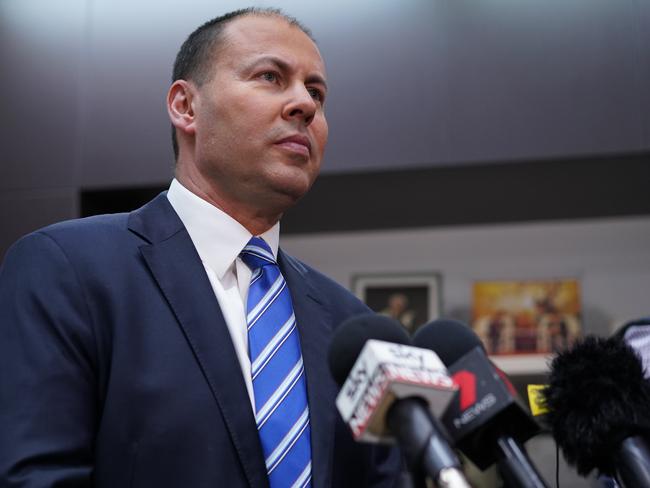
Through its National Energy Guarantee, federal Environment Minister Josh Frydenberg says power prices will eventually come down by about $550 a year. It’s no cheque in the mail, but it sounds impressive.
Even after you learn most of those savings are supposed to come without the NEG, when more supply comes into the system.
After so many years of energy bills soaring higher and higher, former prime minister Tony Abbott — always so helpful in this space and no doubt right across the modelling detail — said this sounded as likely as pigs getting airborne.
One of the problems for the Turnbull government is that few people understand what the NEG is or will do. It effectively compels companies to supply a minimum amount of dispatchable or “on demand” energy to meet community needs.
While it is described as technologically neutral, average emissions must be limited to the country’s international reduction commitments — which are a 26-28 per cent reduction on
2005-levels by 2030.
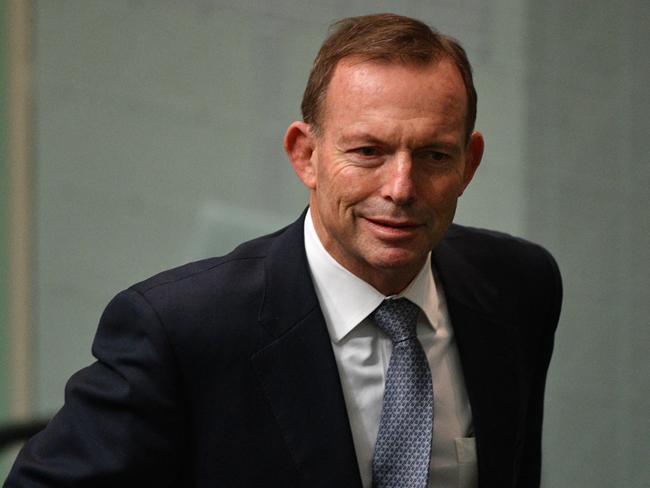
In essence, it is about keeping a reliable and affordable supply while our energy mix changes under climate change targets.
As evidenced above, Abbott (who signed Australia up to the target when PM) and his band of warriors see this as an opportunity to argue that climate change worriers dictate energy policy. At the same time, environmentalists say the Turnbull government isn’t doing enough to reduce emissions and are giving in to coal-lovers by keeping its target low.
Given that polar opposite groups are bagging the policy, Frydenberg might think he’s got the mix just about right.
Not that this helps him signing up the states and territories, of course. Labor-run states have argued their renewable energy targets could be undermined by the federal scheme.
The Andrews government and the Palaszczuk government in Queensland have also said they won’t sign up without the plan getting through the federal coalition party room first.
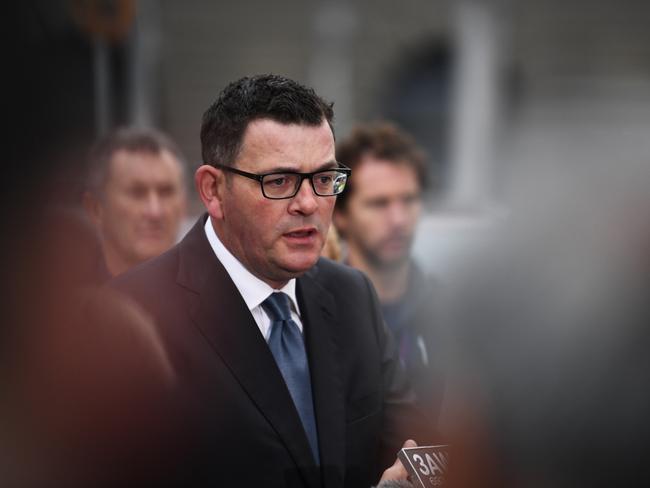
Funnily enough, Abbott also wanted the party room to have first crack at the deal too, in order to tie Frydenberg’s hands when negotiating with those states.
Maybe that’s why Anthony Albanese is now parroting those lines.
Those close to Premier Andrews insist he is more interested in jobs and energy supply than focusing on emission targets.
Critics say that’s not what it seems from some of his policies.
Andrews is acutely aware of how vulnerable the state can be when blamed for shifts in prices (which can cost jobs).
He looked vulnerable when Hazelwood power station closed, which led to a spike in prices and saw Labor trying to walk on both sides of the policy fence.
Resources Minister Tim Pallas — who plays a key role in guiding state energy policy — later introduced a requirement for five-year closure plans for power stations.
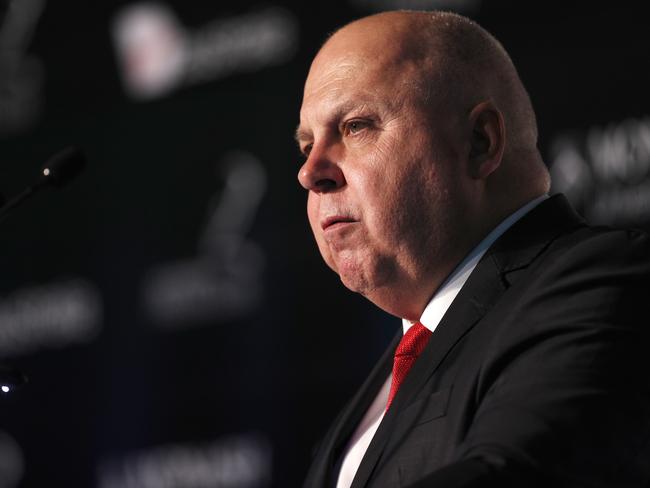
Under the NEG, the Commonwealth would assume more responsibility for coal power stations opening or closing, given it is setting the rules on dispatchable energy.
As a state election looms, does the Andrews government want to spent political energy blocking a scheme that is supposed to save people money and deliver a steady energy supply?
One of the big shifts Labor has tried to brief out since it was belted by the Greens at the Northcote by-election has been its focus on jobs, infrastructure and the needs of the outer suburbs. If that’s the case, it might be hard to hold out for too long on the NEG.
There are also obvious political upsides to shifting more responsibility for power prices towards Malcolm Turnbull and, if polls are true, later Bill Shorten.
People notice when prices are going up, but they don’t tend to send governments thank you
cards when bills are supposedly heading south.
All this suggests the Andrews government may sign on to the NEG and risk the wrath of green groups, but not before it makes Frydenberg work hard for it.
And while the Turnbull government effectively argues the cheques are in the mail, the Andrews government will be literally sending them.
— Matt Johnston is state politics editor
MORE NEWS
FEARS OVER 11TH-HOUR LIST OF POWER PLAN DEMANDS
STATES TOLD NOT TO PLAY POLITICS ON NEG
TERRY MCCRANN: THE ONLY WAY TO CUT POWER BILLS
